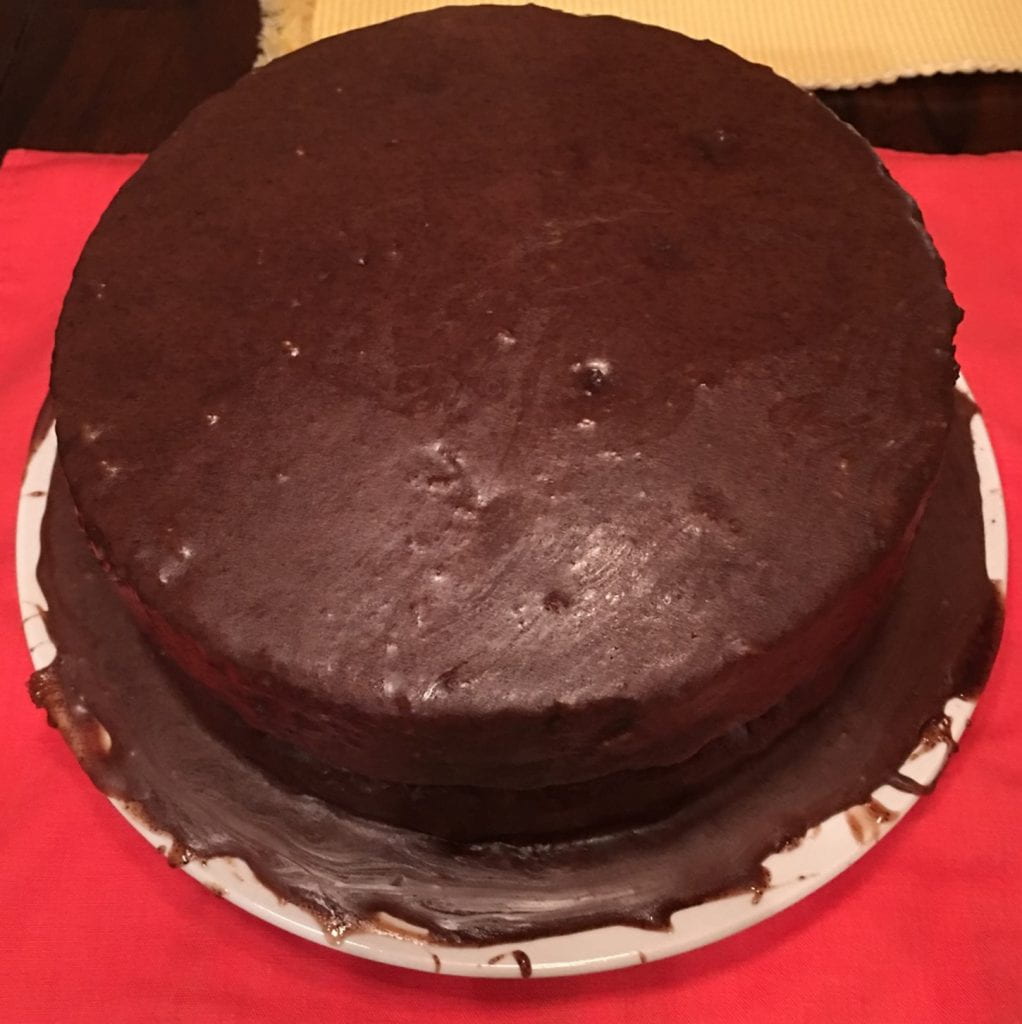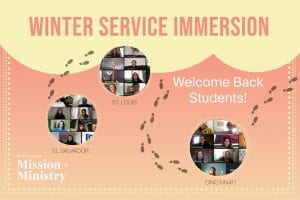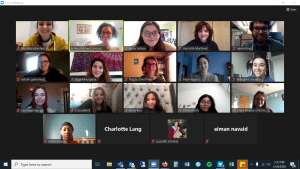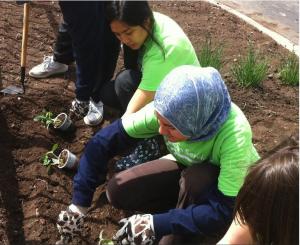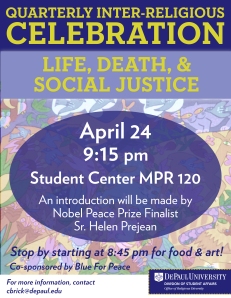
Some years ago, colleagues from Mission and Ministry and many other areas developed an initiative called Explore Your Purpose at DePaul University (EYP). This initiative is for all members of the university community to foster their sense of personal meaning and social purpose as part of the educational environment at DePaul.[1] While I wasn’t part of the initial group that created EYP, I participated in ongoing conversations on how to engage students, faculty, and staff around its four Enduring Understandings and have used its resources with students.
Each winter quarter, during a retreat with scholars in the Division of Mission and Ministry, I ask students to contemplate their DePaul experience. Using the lens of these Enduring Understandings, and depending on their class year, they might ponder living a meaningful life, discerning vocation, understanding the Vincentian heart, or sustaining the journey.[2]
This past January, I asked some DMM colleagues to join me and share a story or experience from their life in conjunction with one of the Enduring Understandings. My hope was that our sharing would help the students to feel more comfortable with the topics and lead them to deeper reflection during this part of the retreat. I spoke about understanding the Vincentian heart and shared, briefly, my experience as a student at Columbine High School on April 20, 1999, when the then-worst high school shooting in U.S. history happened, and how that day shaped and formed me and led me to my path at DePaul.
I told them that as I struggled to process the complex emotions involved in experiencing significant trauma, I discovered the joy in helping others as so many had helped my community. I spoke about how, in my current role, I get to connect service-minded students to experiences that help their communities. In other words, I have the opportunity to walk with students as they work to understand their Vincentian hearts, spending time with them on their journeys and witnessing the amazing ways they look at the world and say, “I think we can do better.”
The astute reader of this blog might recall that I wrote on this very topic for a Mission Monday entry a few years ago. You might wonder why I’m bringing it up again. This event is an integral part of who I am, and it’s important not to forget this tragedy. As I write this reflection, the twenty-fifth anniversary of that tragic day is still a week away. When you read this, that day will have just gone by. I haven’t always been able to share about this part of my story, but I’ve learned there is a certain power that comes in naming that I lived through this experience and that it has shaped me—positively and negatively. I’ve also learned that it’s important for me personally to name that I am a survivor of gun violence. Sharing about this part of myself in a public setting isn’t easy for me, but when I do so, I am sharing from a specific understanding of my Vincentian heart.
My Vincentian heart is continuously being molded by all aspects of my life. Every year it is impacted by the students on the Vincentian Service Day Team in the Division of Mission and Ministry and the amazing work they do on this event. I’m not sure the students would articulate their work in this way, but they demonstrate an understanding of their Vincentian hearts every time they plan the DePaul tradition that is Vincentian Service Day (VSD). From the way they brainstorm about engaging more members of the DePaul community in VSD, to the ways they interact with community partners and DePaul partners during the planning process, to the way they interact with each other, they work with a sense of thoughtfulness and intentionality. They continually push me, and each other, to create a VSD that is representative of our Vincentian mission. In working on this tradition for the DePaul community, they create a space where everyone who participates can connect to understanding their Vincentian hearts through an experience of service.
Who or what has shaped and molded your Vincentian heart?
I invite you to join the DePaul community for Vincentian Service Day on Saturday, May 4. Registration closes on Wednesday May 1 at 11:59 AM. For more information about participating in VSD, visit: http://serviceday.depaul.edu; or email: serviceday@depaul.edu.
Reflection by: Katie Sullivan, Program Manager, Vincentian Service and Formation Office, Division of Mission and Ministry
[1] For more, see: Explore Your Purpose at DePaul.
[2] For more, see: Explore Your Purpose at DePaul University: Enduring Understandings and Learning Outcomes.

